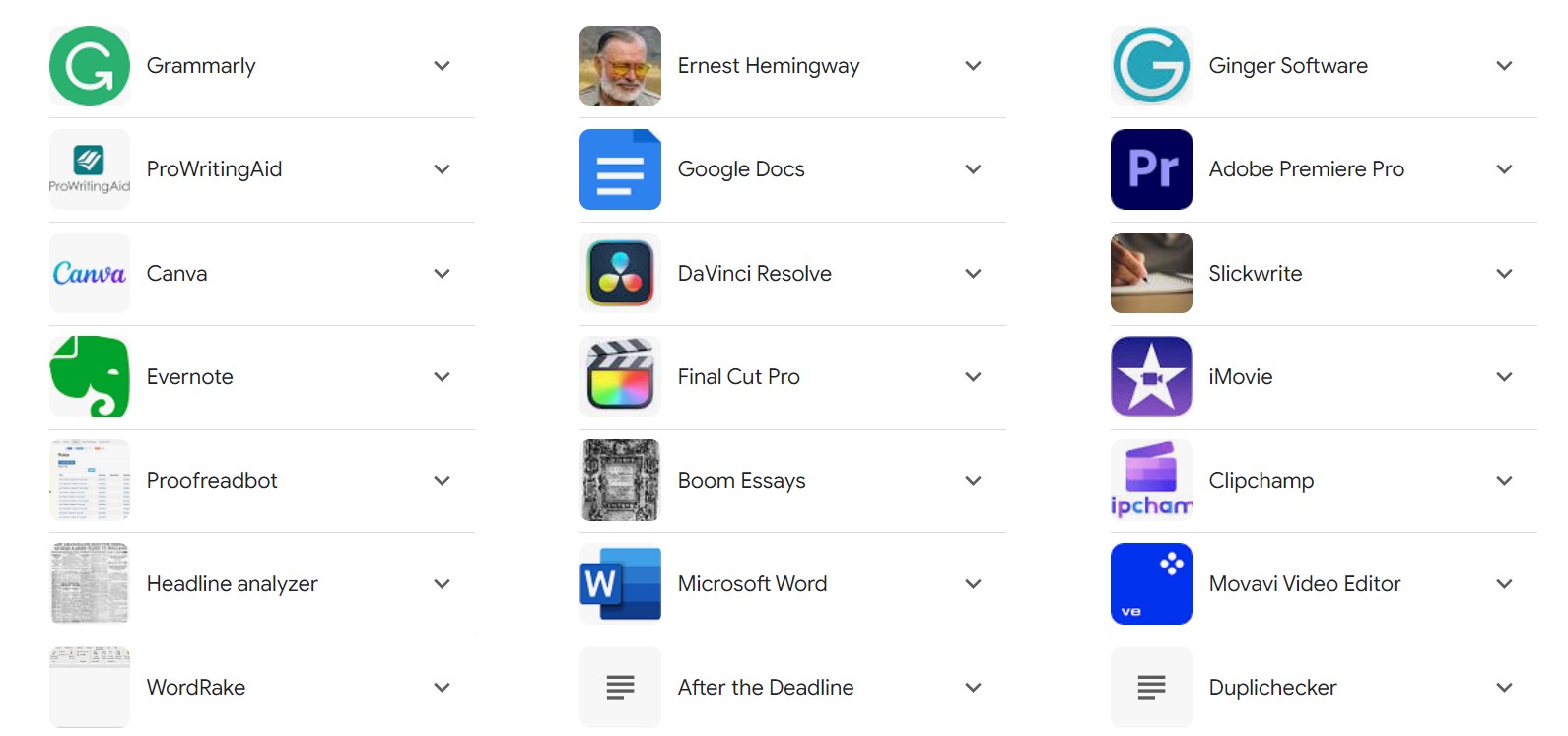Not everyone can be an editor. And that’s ok. An editor’s role is multifaceted, requiring technical skills, creativity, and a flair for communication. A good editor will refine the original text without losing the author’s voice ensuring that the final cut is as great as it can be. So, what makes a good editor? Join me for a peek inside the editorial skillset.
Specialisms & Expertise
One size does not fit all when it comes to being an editor and most will specialise in a particular area, subject or genre. For example, would I be able to edit a book on advanced mathematics? Or quantum physics? No, I would not. Will you pay more for that kind of editor? For sure. In addition, a fundamental quality of a good editor is technical expertise in the language and style in which they are editing. This encompasses a deep understanding of grammar, punctuation, spelling, and syntax. Mastery of these elements allows the editor to correct errors and improve readability without altering the author’s voice. Editors will also be familiar with various style guides (APA, MLA, Chicago, etc.) and can apply the appropriate standards to ensure consistency.
Editors will usually conduct an initial review, which involves reading the query letter, synopsis, and the first few chapters or sample pages. This allows the editor to get a sense of the writing style, plot, characters, and overall quality of the work. At this point they may simply decide that this is not a project they wish to take. Check out this thread on Quora for more.

Attention To Detail
Daydreamers need not apply. It may sound harsh but if your attention span and attention to detail isn’t on point, editing might not be for you. An editor must meticulously scrutinise the text to catch even the smallest errors, such as misplaced commas, typos, and inconsistencies in formatting or plot. This level of precision ensures the final product is polished and free from errors that could detract from the reader’s experience.
Creativity
While technical skills are essential, creativity distinguishes a good editor from a proof-reader. Creativity in editing involves understanding the narrative flow and emotional impact of the text. A good editor can suggest improvements that enhance the storytelling, make arguments more compelling, and clarify complex ideas. This might involve rephrasing sentences for better clarity, restructuring paragraphs for improved flow, or suggesting additions that enrich the content.
When faced with a poorly written section, a good editor might propose solutions that make the text more engaging and accessible. This is a fine line to walk, because an editor should not be rewriting the author’s entire work in their own voice.
Communication Skills
Effective communication is key to successful editing. A good editor must articulate their suggestions and corrections clearly and diplomatically. Editing can be a sensitive process, as writers often have a personal attachment to their work. A good editor approaches this relationship with respect and empathy, understanding the delicate balance between maintaining the author’s voice and improving the text. Additionally, an editor must accept pushback or counterarguments from the author. It is, after all, their work that will be published.
Confidentiality Is Paramount
Editors often work with unpublished manuscripts, sensitive information, or proprietary content. Maintaining the confidentiality of this material is essential to building trust with clients and preserving the integrity of the editorial profession. Signing a Non-Disclosure Agreement (NDA) is standard practice for editors. Editors should refrain from posting anything on social media that might pertain to the story, author, characters or plot they are editing. Stick to a picture of the cat, a cup of tea, and the back of your laptop to be safe!
Editing Tools
There are plenty of editing tools on the market. Whether or not you use them will depend on your own preferences, budget and pricing policies. For example, many editors will edit in Word. Simply Select the text you want to comment on. On the Review tab, click New Comment. Type your comment. Word shows your comment in a balloon in the document’s margin.
Other editing tools include:

How Much Does It Cost To Hire An Editor?
You can expect to pay anywhere from $1,000 to $10,000 for a professional book edit. The price point largely depends on the type of editing you choose, how advanced the topic is, how many words your book contains, as well as the editor. Experienced editors will of course charge more than new editors. Most authors and editors prefer to agree on a fixed rate at the start of the project. However, I do know editors who charge hourly and provide an approximate time range for completion of the work.
A good editor balances technical expertise with creativity, communication skills, and ethical principles. They enhance the work of the writer without losing their original tone of voice and story flow. Speak to me about content creation, content editing and marketing for your brand.